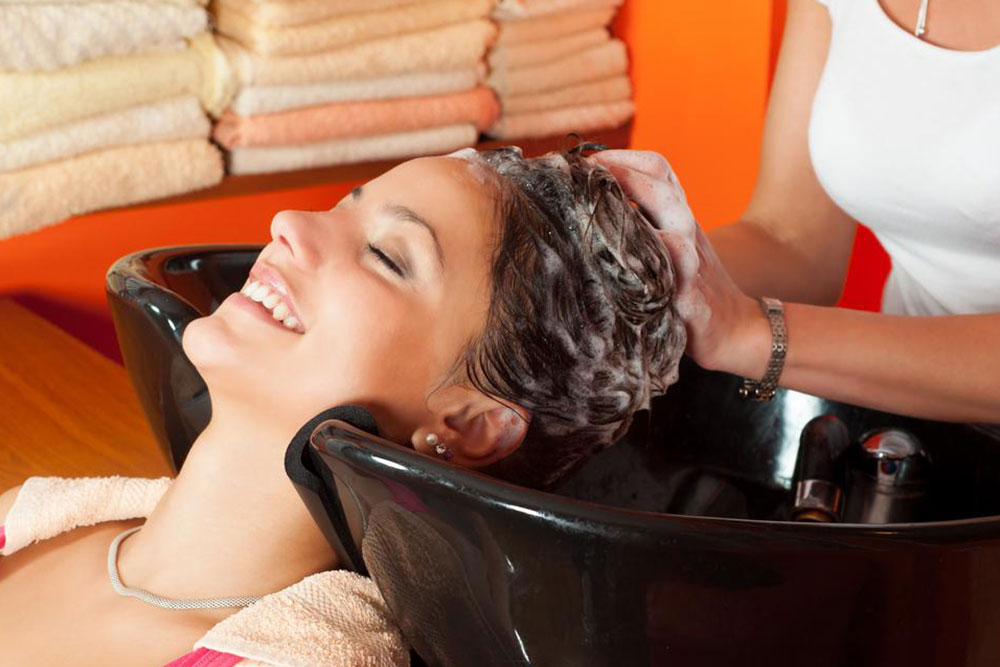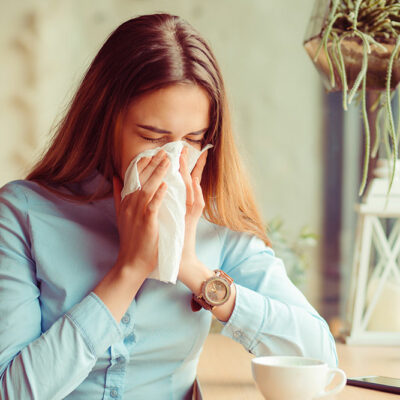
What you need to know before using a dry shampoo
There are people that use dry shampoo on rare occasions and people who use it frequently. There are different reasons why people use dry shampoo; some do it because they hit the snooze button too many times and are late for work, while some are just trying to stretch their hair color for as long as possible. It is this situation that makes dry shampoo a double-edged sword. It can either be a game-changer for your hair or it can act as a fillip for toxins and other scalp-related problems. Hence, before switching sides, these are some questions that could help you when it comes to choosing dry shampoo.
- Does dry shampoo actually clean your hair?
The most apt answer to this question is: not completely. Even though dry shampoos are an easy fix to have good and presentable hair, they can’t serve as a complete replacement for traditional shampoos. Your hair might benefit from dry shampoo, but your scalp needs nutrition, too. Shampoo helps in eliminating excess oils from the scalp. It is not advisable to depend excessively on dry shampoo to reduce your shower time, and its use is advised only when absolutely needed. Doing otherwise increases the risk of damaging your follicles.
- Is talc in dry shampoo safe?
Even though talc is a major ingredient in numerous dry shampoo formulas, it does not mean that talc is safe as an ingredient. According to certain studies, talc is considered a factor that is linked to causing cancer. Other safer and natural replacements for talc include charcoal, rice, and bamboo powders.
- Is dry shampoo bad for hair?
The answer here is both yes and no. While not shampooing due to a busy schedule can be harmful to the proper maintenance of your hair, relying completely on dry shampoo to solve all your hair problems can be equally harmful. Not spending time to thoroughly shampoo and clean your scalp can lead to a nightmare situation. We live in a demanding and fast-paced world. This might lead to dry shampoo being a blessing, but you should avoid its use on a daily basis. If absolutely necessary, use dry shampoos containing natural ingredients.
- Can dry shampoo cause breakouts and acne?
The answer to this question is yes. If you are completely replacing your shampoo with dry shampoo , there is bound to be a major accumulation of powder, oil, and dead skin cells among other things. This can cause clogging in your pores, which in turn leads to irritation and breakouts on your scalp. At this point, acne is no stranger to any part of the body; hence, it’s wise to keep your scalp off limits to them.
The bottom line is that dry shampoo, being the revolutionary product it is, can be treated as a shortcut in necessary situations, but not as a replacement. Like all things in life, the key to good hair care is balance.


